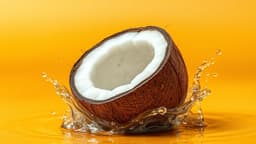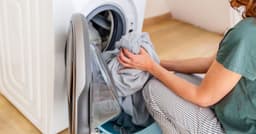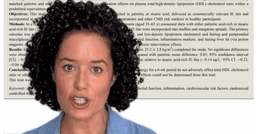Home / Lifestyle / Grease, Oil, Fat: Dangers Beyond Clogged Pipes
Grease, Oil, Fat: Dangers Beyond Clogged Pipes
24 Nov
Summary
- Fats, oils, and grease can cause sewer backups, flooding kitchens.
- Sewer water contains hazardous bacteria like E.Coli and Hepatitis.
- Safe disposal options include grease traps or sealed waste containers.

Pouring fats, oils, and grease (FOG) down household sinks presents significant risks extending beyond simple pipe blockages. When these substances enter the sewer system, they can accumulate and cause severe sewer backups, potentially leading to wastewater flooding back into kitchens.
Such sewer backups can cause substantial damage to kitchen structures and spread hazardous waste. The contaminated water may contain dangerous bacteria, including E.Coli and Hepatitis A and E, posing a serious health risk to residents. Preventing these issues requires conscious disposal habits.
Safe disposal methods for FOG include utilizing grease traps, which capture the waste before it enters the drainage system, or collecting FOG in separate, securely sealed containers for disposal with regular rubbish. Pouring FOG down toilets is also strongly discouraged as it contributes to broader sewer system problems.




